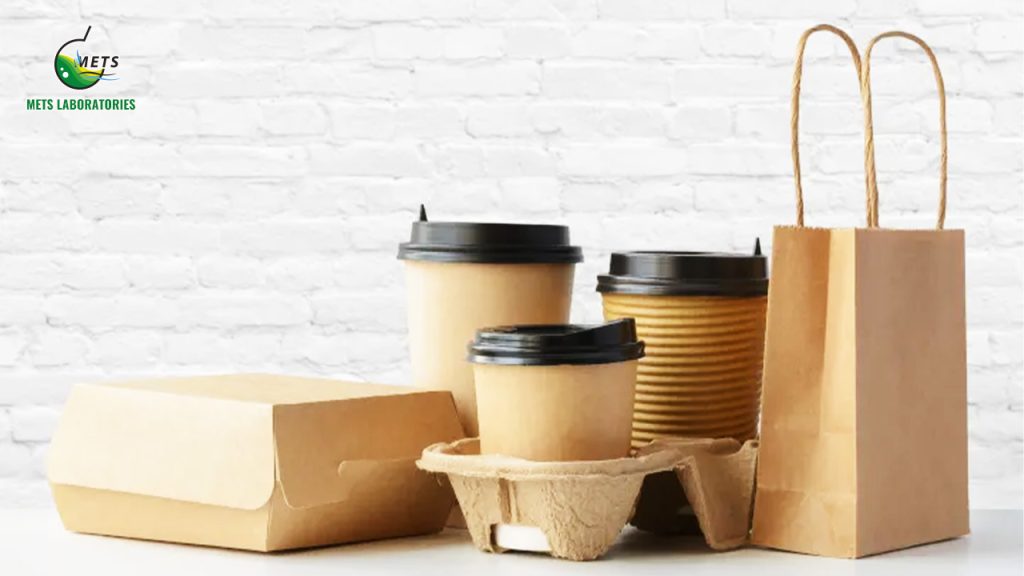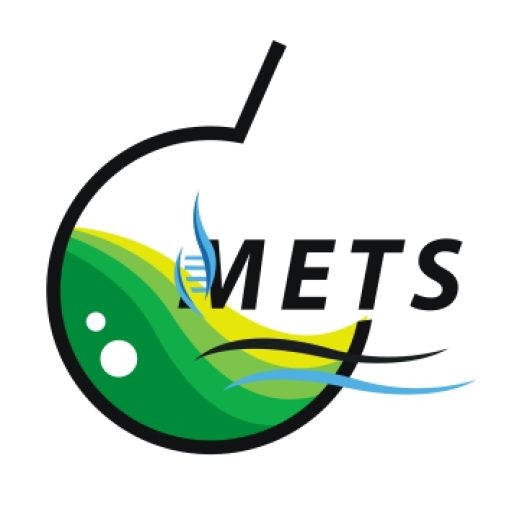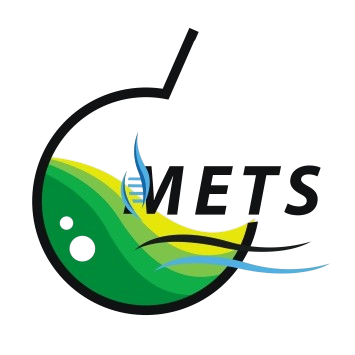
Paper, Pulp & Packaging Materials Testing – METS Laboratories
Paper, pulp, and packaging materials are essential components of modern industry, used in everything from food packaging to printing and hygiene products. Ensuring their quality, safety, and sustainability is critical for regulatory compliance, product performance, and environmental responsibility. Testing these materials involves evaluating physical, chemical, and mechanical properties to verify durability, safety, and eco-friendliness.
Comprehensive testing helps manufacturers optimize production processes, improve product performance, and meet global standards for packaging safety, recyclability, and biodegradability.
Importance of Paper, Pulp & Packaging Materials Testing
- Ensures Product Safety
Comprehensive testing of paper, pulp, and packaging materials is critical to prevent chemical migration that could contaminate food, pharmaceuticals, or consumer goods. Advanced analytical methods detect and quantify hazardous substances including:
- Heavy metals (lead, cadmium, mercury)
- Endocrine disruptors (BPA, phthalates)
- Primary aromatic amines
- Chlorinated compounds
Migration testing under various temperature and storage conditions simulates real-world usage to guarantee safety throughout a product’s lifecycle.
- Enhances Durability & Performance
Rigorous mechanical testing evaluates packaging integrity under stress conditions:
- Tensile strength (ISO 1924): Measures resistance to pulling forces
- Burst strength (ISO 2758): Assesses pressure resistance
- Edge crush test (ISO 3037): Evaluates stacking strength
- Puncture resistance: Determines protection against sharp objects
These evaluations ensure packaging maintains structural integrity from production through end-use, preventing costly product damage and returns.
- Supports Sustainability Goals
Modern testing methodologies validate environmental claims through:
- Biodegradation testing (ISO 14855): Measures breakdown in controlled compost
- Disintegration analysis: Quantifies fragmentation rate
- Eco-toxicity screening: Ensures no harmful residues remain
- Repulp ability testing: Confirms recycling compatibility
These tests help manufacturers develop truly circular packaging solutions while avoiding greenwashing accusations.
- Regulatory Compliance
Third-party testing provides documented proof of compliance with:
- Quality standards: ISO 9001, TAPPI test methods
- Safety regulations: FDA, EU Framework Regulation
- Sustainability mandates: EPR, plastic tax requirements
- Industry-specific norms: ISTA for shipping, BPOM for pharmaceuticals
This ensures market access while mitigating legal and financial risks of non-compliance.
- Prevents Contamination & Spoilage
Advanced barrier property testing evaluates:
- WVTR (Water Vapor Transmission Rate – ASTM E96)
- OTR (Oxygen Transmission Rate – ASTM D3985)
- Grease resistance (TAPPI T559)
- Light barrier properties
- Optimizes Manufacturing Processes
Material testing drives production improvements through:
- Fiber analysis: Optimizes pulp blending
- Ash content testing: Refines coating formulations
- Surface energy measurements: Improves printability
- Thermal analysis: Enhances heat-seal performance
Classification of Paper, Pulp & Packaging Materials Testing
Type | Description |
Physical Testing | Measures thickness, density, tensile strength, and tear resistance |
Chemical Testing | Analyzes pH, moisture content, heavy metals, and chemical additives |
Microbial Testing | Checks for mold, bacteria, and fungal contamination |
Barrier Properties | Evaluates resistance to water, grease, oxygen, and UV light |
Printability Testing | Assesses ink adhesion, color fastness, and surface smoothness |
Sustainability Testing | Verifies biodegradability and recyclability |
Applications of Testing
- Food Safety Compliance – Ensures packaging materials are free from harmful chemicals that could migrate into food.
- Quality Control – Maintains consistency in paper strength, printability, and durability.
- Environmental Regulations – Confirms compliance with FSC, REACH, and FDA standards.
- Product Performance – Tests packaging for durability under different storage and transport conditions.
- Recyclability Assessment – Determines the ease of recycling and repulp ability of paper products.
Purpose of Testing
- Quality Assurance
Comprehensive testing protocols verify that paper, pulp, and packaging materials consistently meet stringent industry specifications throughout production cycles. Our laboratory conducts:
- Batch-to-batch consistency testingusing standardized TAPPI and ISO methods
- Precision thickness measurements(ISO 534) with micrometer accuracy
- Surface smoothness analysis(Bentsen/PPS methods) for optimal printability
- Brightness/whiteness evaluation(ISO 2470) for visual quality standards
- Basis weight verification(ISO 536) ensuring proper grammage
- Safety Compliance
Specialized testing ensures packaging materials are chemically inert for their intended use, particularly for food, pharmaceutical, and medical applications:
Migration Testing:
- Simulates extraction under various conditions (time, temperature, food simulants)
- Analyzes heavy metals (Pb, Cd, Hg, Cr VI per EU 10/2011)
- Detects NIAS (Non-Intentionally Added Substances)
- Environmental Certification
Third-party validation of sustainability claims through:
Comprehensive Eco-Testing:
- Biodegradation rate analysis(ISO 14855)
- Aquatic toxicity screening(OECD 301)
- Disintegration testing(EN 13432)
- Recycled content verification(ISO 18344)
- Research & Development
Advanced analytical services accelerate sustainable packaging innovation:
Cutting-Edge Capabilities:
- Nano-cellulose characterizationfor next-gen materials
- Accelerated aging studiespredicting material lifespan
- Oxygen scavenging efficacy testingfor active packaging
- Edible coating development support
Key Testing Parameters (International Standards)
Parameter | Standard |
Tensile Strength | ISO 1924 |
Burst Strength | ISO 2758 |
Tear Resistance | ISO 1974 |
Thickness & Density | ISO 534 |
Parameter | Standard |
pH & Moisture Content | ISO 6588 |
Heavy Metals (Pb, Cd, Hg) | EN 71-3 |
Migration Testing (Food Contact) | FDA 21 CFR |
Parameter | Standard |
Biodegradability | ISO 14855 |
Compost ability | ASTM D6400 |
Recyclability | ISO 18606 |
Why METS Laboratories India Pvt. Ltd. ?
NABL accredited, METS LABORTORIES INDIA PVT.LTD can test to a variety of the established methods (e.g., ISO, ASTMD, AOAC, APHA, FSSAI, BIS,)
- Our laboratory conducts testing on a wide range of products, materials, and components to verify compliance with standards, specifications, and regulatory requirements. Our team is happy to provide expert advice and guidance to ensure the appropriate water testing is carried out for your needs.
- Our dedicated, experienced, and friendly team is here to help—providing expert knowledge, guidance, and access to cutting-edge water testing capabilities and technologies in our laboratory.
- We conduct comprehensive product evaluations for appearance, quality, and performance. Our technical support network provides expert guidance—answering questions, interpreting results, and assisting with quality assurance program management.
- We participate in inter-laboratory proficiency testing and comparative analyses to ensure accuracy, reliability, and compliance with industry standards.
- We implement and maintain rigorous ISO/IEC 17025:2017 accreditation, ensuring internationally recognized standards for testing competence, measurement accuracy, and operational excellence in every analysis.
- We maintain strict customer confidentiality by treating all data as proprietary information.
What We Ensure?
- Data Integrity: Every result is generated and verified under strict quality assurance.
- Compliance: All tests conform to the latest regulatory and industry-specific guidelines.
- Transparency: Clear, easy-to-understand reports and consultation support.
- Confidentiality: Your data remains secure, private, and protected.
- Environmental Stewardship: Our labs follow eco-friendly practices and aim to minimize testing-related waste and emissions.
Who It’s For?
- Manufacturers, importers, and distributors of EEE products (e.g., electronics, cables, circuit boards, batteries).
- Industrial Facilities: To monitor effluents, emissions, and workplace safety
- Construction and Real Estate: For soil contamination, water logging, and indoor air quality
- Municipal Corporations: To assess urban air and water quality
- Schools, Hospitals & Hotels: For ensuring safe indoor environments
- Agricultural Communities: To test irrigation water and soil health
- NGOs & Research Institutions: For pollution studies and policy advocacy
- Citizens & RWAs: For local monitoring and complaint-based testing
Protect Consumers. Satisfy Authorities. Boost Market Confidence.
In today’s sustainability-driven world, businesses are held accountable by customers, investors, and regulators alike. METS Laboratories empowers you to:
• Protect your workforce and surrounding communities
• Achieve compliance with CPCB, SPCB, MoEF&CC, WHO, and ISO standards
• Build a reputation as an environmentally responsible brand
• Avoid costly penalties and legal action due to non-compliance
• Earn stakeholder trust with verified environmental claims and ESG reporting
Environmental testing isn’t just a legal formality—it’s a strategic asset.
Frequently Asked Questions
How do I book a test?
You can contact METS Laboratories via phone, email, or our website to schedule sampling or drop off a sample at our facility.
Is your lab accredited?
Yes, METS Laboratories is accredited under ISO/IEC 17025:2017.
How long does it take to get results?
Turnaround time depends on the parameters, but standard reports are typically delivered within 3–7 working days.
Do you provide on-site sampling?
Yes, we have trained field teams who follow strict SOPs for on-site sample collection.
Can I get help understanding the report?
Absolutely. We offer report interpretation and guidance on corrective actions or next steps.
What locations do you serve?
We serve clients across India and can coordinate with international partners when required.
Can you help with regulatory approvals?
Yes, our test reports are accepted by government authorities, and we can assist in documentation for environmental clearances.





